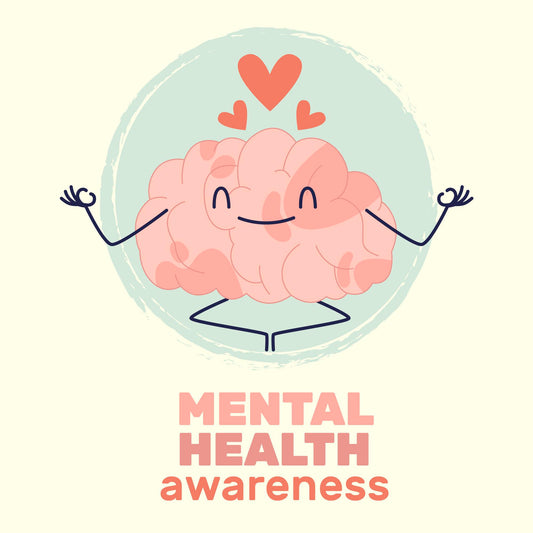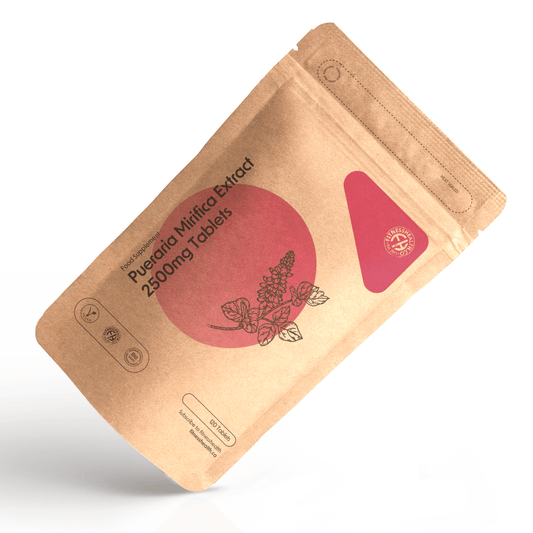
Stress may be defined any situation which tends to upset the stability of the living organism and its environment.
There are many stressful conditions such as the stress people have to face which comes from work pressure, examinations, psychological stress and physical stress due to certain disturbances and even various medical problems.
Hormones
Following the extensive range of both physical and mental reactions to stress are some hormones that eventually add fuel to the fire.
While preparing the body to answer to experienced stress the level of various hormones change. Reactions to stress are associated with enhanced secretion of a number of hormones including adrenaline, norepinephrine, glucocorticoid, cortisol, vasopressin, gonadotropins, thyroid hormones, catecholamine, growth hormone and prolactin.
The purpose of these new changes in hormonal levels is to increase mobilization of energy sources and adapt the individual to the new circumstance.
- Adrenaline
Adrenaline is known as a fight and fight hormone; it is produced by the adrenal glands once it gets a message from the brain in a stressful situation.
Adrenaline is used together in technical and nontechnical settings. It is commonly used in telling the physiological indications (such as increased heart rate and respiration) that happen as part of the body's fight-or-flight reply to stress. It is largely responsible for the immediate reactions we feel when we’re stressed. Adrenaline gives you a surge of energy.
- Norepinephrine
A hormone similar to adrenaline, this is released from the adrenal glands and also from the brain. The primary role of norepinephrine, like adrenaline, is awakening the mind. You become more aware when there is stress and are generally more responsive.
- Cortisol
A stress hormone also known as steroid hormone, cortisol is formed by the adrenal glands. Release of this hormone takes a multistep route. Cortisol is a steroid hormone that controls a wide range of procedures throughout the body, including your metabolism and the immune answer. It also has a very significant role in helping the body answer to stress.
- Vasopressin
Vasopressin, released within the brain, has numerous functions; it is probable that vasopressin acts in conjunction with corticotrophin-releasing hormone to modulate the release of corticosteroids from the adrenal gland in response to stress.
Vasopressin can stimulate the secretion of ACTH from the pituitary. Preferential expression of hypothalamic vasopressin over CRH is due to chronic stress.
- Gonadotropins
When a person is under stress, there is control of circulating gonadotropins and gonadal steroid hormones. Gonadotropins releasing hormones, GnRH’s drive to the pituitary is decreased due to increased endogenous CRH. This leads to the disruption of the normal menstrual cycle. Prolonged exposure to stress can lead to an impairment of reproductive function.
- Thyroid hormones
Thyroid hormones are mainly responsible for the regulation of metabolism. This function is usually down regulated during stressful situation. The thyroid gland is a butterfly-shaped organ set in the base of your neck. It discharges hormones that regulate metabolism, the way your body makes use of energy. T3 and T4 levels decrease with stress. Stress inhibits the thyroid-stimulating hormone (TSH).
- Growth hormone
Growth hormone is also known as somatotropin and it stimulates growth. The level can increase up to two or even tenfold. During any kind of psychological stress, the Growth Hormone’s response is rarely seen. Coming to its functioning during stress, it raises the overall use of glucose and free-fatty acids, enhancing metabolic activity.
- Prolactin
Prolactin is produced by the pituitary gland in the brain. It is also known as PRL or lactogenic hormone. The production depends on the local regulatory environment at the time of stress. It may affect the immune system, and it is important for both male and female reproductive health.








